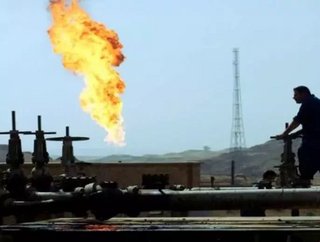Iraq Oil Output to Triple by 2035, Report Says

Iraq is set to double its production of oil by the end of the decade and nearly triple its output by 2035, becoming the world's second-largest oil supplier, according to a new report from the International Energy Agency (IEA).
Iraq currently turns out 3 million barrels a day, but could reach 6.1 million barrels a day by 2020 and 8.3 million barrels by 2035, making it “by far the largest contributor to global supply growth,” according to the report. That surge could bring in some $200 billion a year in revenue to the country. The IEA predicts that the country will become a key supplier to Asian markets, especially China.
"Developments in Iraq’s energy sector are critical for the country’s prospects and also for the health of the global economy," said IEA Chief Economist Fatih Birol, the main author of the report, in a statement. "But success is not assured, and failure to achieve the anticipated increase in Iraq’s oil supply would put global oil markets on course for troubled waters."
SEE OTHER TOP STORIES IN THE ENERGY DIGITAL CONTENT NETWORK
Oil-Rich Kazakhstan Says No to Green Energy
Read More in Energy Digital's September Issue
In order to be prosperous, the country will need to heavily invest in energy infrastructure—over $530 billion in investments to meet the forecast levels for oil and gas, or $25 billion a year over the next decade compared to the $9 billion the country received in energy funding last year, according to the report.
It adds: "Iraq needs to install around 70 gigawatts of generation capacity and move away from a predominantly oil-fired power mix to more reliance on efficient gas fired generation: without this transition Iraq would forego around $520bn in oil export revenues."






